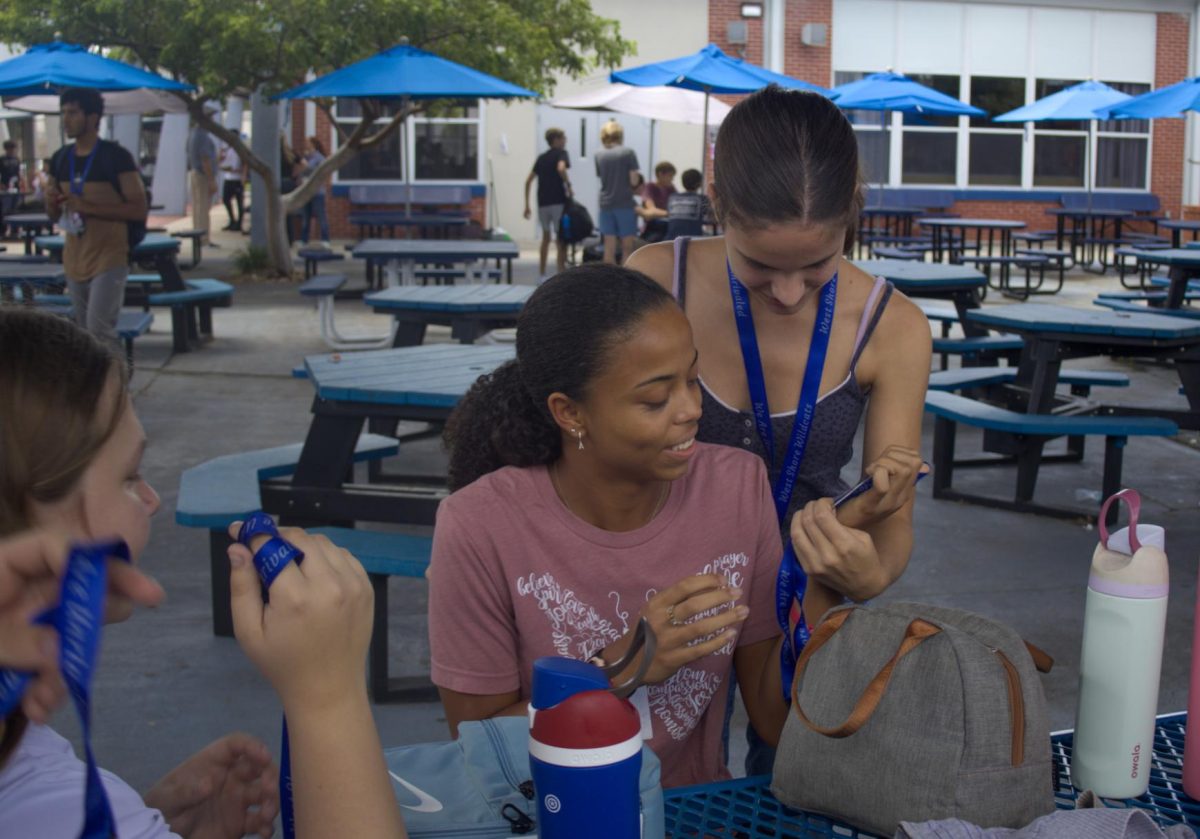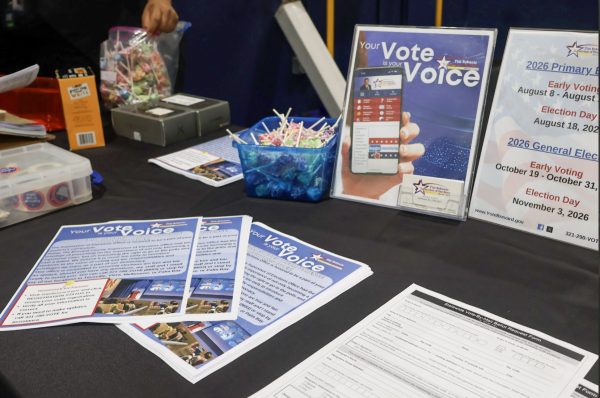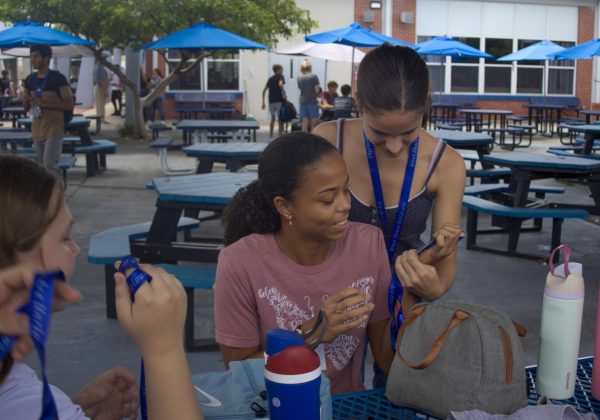West Shore rankings dropping
West Shore dropped in the US News & World Report rankings as well as the Washington Post. In the US News & World Report, last year West Shore ranked 48th in the nation, and this year ranked 80th. In the Washington Post West Shore ranked 58th last year, and 99th this year.
“We really haven’t dropped in rankings,” Vice Principal Robert Farrell said. “It’s based on seniors taking AP courses or tests. At West Shore kids take AP’s throughout high school. But what’s happening is seniors are doing Early Admissions, so even though we take AP tests and pass, the seniors aren’t necessarily taking those AP tests their senior year.”
The Washington Post bases their rankings off the number of seniors who took college-level tests and divide it by the number of seniors who graduated in May or June. The families who qualify for lunch subsidies and the percentage of graduates who passed at least one college level test during high school career are also noted as Equity and Excellence.
“The Washington Post put the wrong percentage on free and reduced lunch,” Farrell said. “West Shore was put in as one percent when we actually have 10.5 percent on free and reduced lunch, skewing results. So, Mr. Fleming wrote them a letter regarding the misinformation.”
The US News & World Report determined national rankings based on a set of steps. The first step is whether each schools students were performing better than statistically expected for the average student in the state. They started by looking at reading and math results for each students on each state’s high school proficiency tests. The next step, if the schools made it past first step, determines whether the school’s least-advantaged students — black, Hispanic, and low-income — were preforming better then average for similar students in the state. After passing these two steps, schools became eligible to be judged nationally on the final step-college readiness performance, using Advanced Placement or International Baccalaureate test data as benchmarks for success, depending on which program was largest at the school.
“The process that these national rankings are based off are not necessarily good,” Farrell said. “Here, kids take Advanced Placements throughout their high school career. Basing these results strictly off the seniors puts the whole school at a disadvantage, especially when underclassmen take these rigorous courses and pass the exams.”


![Sophomore Isabelle Gaudry walks through the metal detector, monitored by School Resource Officer Valerie Butler, on Aug. 13. “I think [the students have] been adjusting really well," Butler said. "We've had no issues, no snafus. Everything's been running smoothly, and we've been getting kids to class on time.”](https://westshoreroar.com/wp-content/uploads/2025/08/IMG_9979-1200x800.jpg)







































